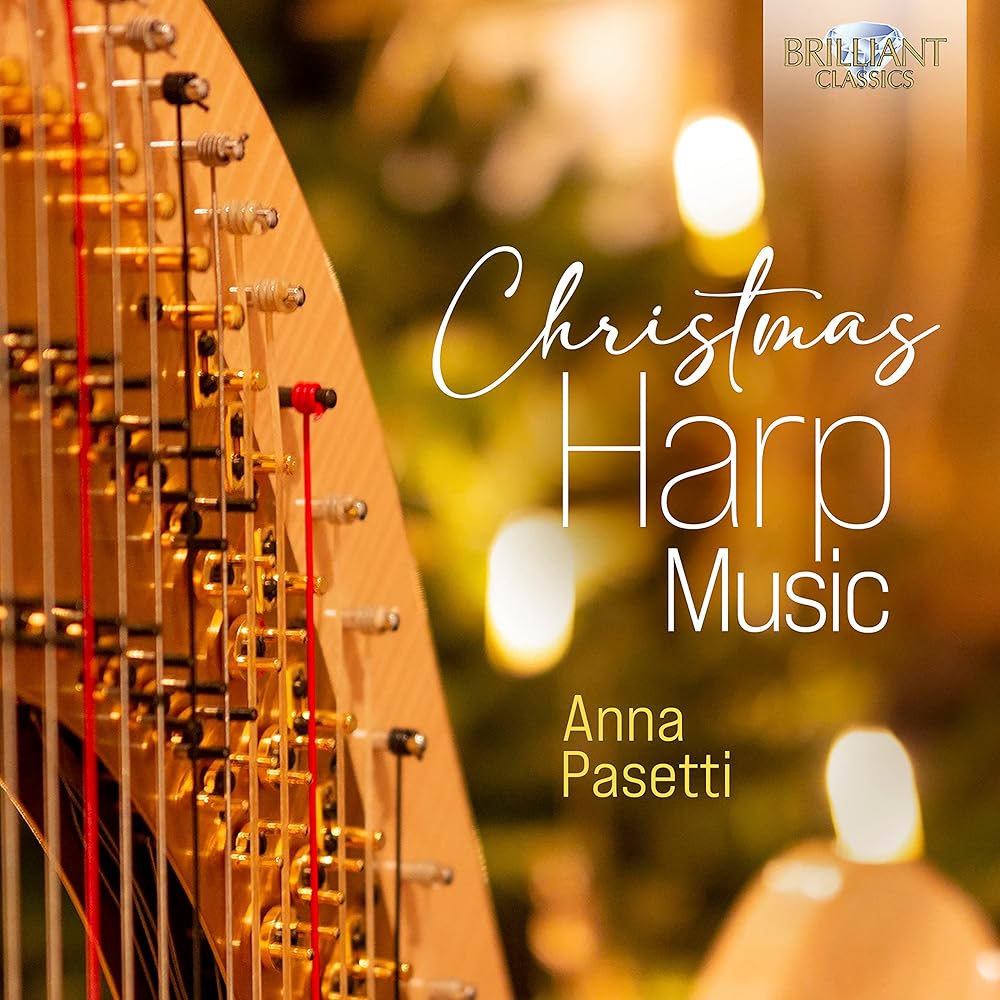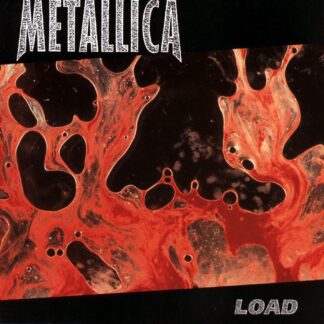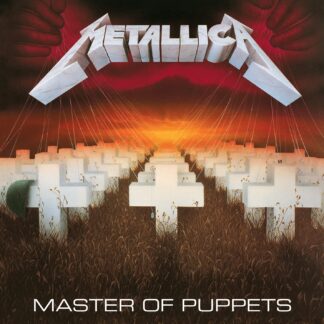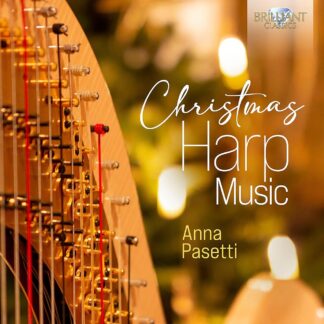Description
Christmas has always been a source of inspiration for musicians, and this harp album contains many Christmas pieces and famous melodies. Robert Nicolas Charles Bochsa (1789-1856) wrote much harp music, including his fantasy on Adeste fideles. Joseph Mazzinghi’s (1765-1844) Andante from Sonata Op.30 No.3 consists of a series of variations on the melody that almost a century later would become the famous song Deck the Halls. Charles Oberthür’s (1845-1924) “Virgo Maria” is based on the ancient Marian hymn O Sanctissima. Edmund Schüecker’s (1860-1911) Weihnachtslied is not inspired by any traditional Christmas melody. Dutch composer Johannes Snoer’s (1868-1936) Phantasia combines the two themes of the Christmas carols Stille Nacht and Es ist ein’ Ros’ entsprungen. In France, Alphonse Hasselmans (1845-1912) was the most important harp tutor at the Paris Conservatory, teaching Tournier, Renié, Grandjany and Salzedo. Rather than depicting a light-hearted holiday scene, Hasslemans’ Conte de Noël evokes Christmas ghost tales. Marcel Tournier (1879-1951) succeeded Hasselmans at the Paris Conservatory. Tournier’s two pieces here are from his four volumes of Images. Les enfants expresses children’s joy watching the nativity scene, and Cloches evokes the sound of bells under the snow. Hasselmans’ first choice for his replacement was, however, not Tournier, but Henriette Renié (1875-1956), perhaps the most important female harp music composer. The melancholic Conte de Noël opens her collection of Six Pièces brèves. Marcel Grandjany (1891-1975) composed many pieces that remain part of study and concert programs for the harp, and his version of Stille Nacht here contrasts with Snoer’s version. Marcel Samuel-Rousseau’s (1882-1955) Variations Pastorales are inspired by an old French popular carol. Carlos Salzedo’s (1885-1961) compositions for harp were innovative: he invented and described several of the effects that are still used in contemporary harp music.





Reviews
There are no reviews yet.